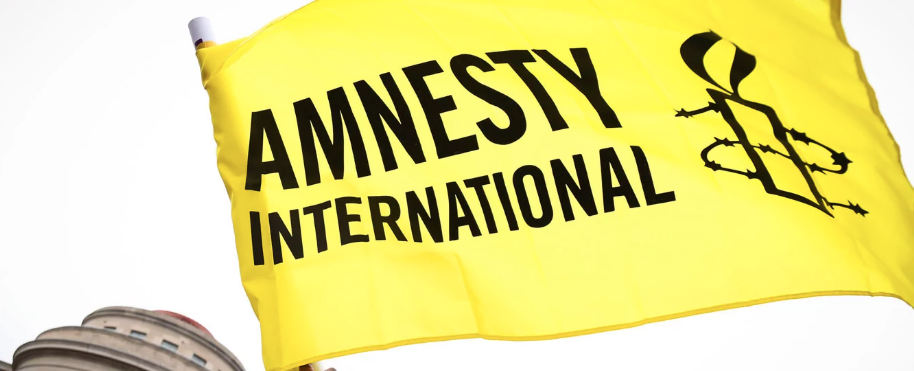Professor Füsun Üstel, renowned for her academic work on citizenship and nationalism, is expected to start her 15 month prison sentence within the next few days. Professor Üstel is the first academic to go to prison simply for signing the peace petition headlined “We will not be party to this crime”. Hundreds of other “Academics for Peace” are on trial accused of ‘making propaganda for a terrorist organization’ and risk imprisonment. In 124 cases, prosecutors or courts have requested the permission of the Minister of Justice for the signatories to be tried also under Article 301 of the penal code that criminalizes ‘denigrating the Turkish nation’.
The petition, initially signed by 1,128 academics, was launched on 11 January 2016 and called for a restart to peace negotiations, criticizing military operations in the majority Kurdish south-east of Turkey that were initiated following the collapse of a tentative peace process between the armed Kurdistan Workers’ Party (PKK) and the Turkish state in July 2015. In the months that followed, a further 1,084 academics added their name to the petition, bringing the total number of signatories to 2,212.
The views expressed in the petition in no way represent incitement to hatred or violence, and are protected under the right to freedom of expression. However, signatories were publicly and repeatedly compared to “terrorists” by President Erdoğan, who called on prosecutors to punish them. A media smear campaign ensued, following which several signatories reported that they have received death threats.
Many were then subjected to criminal and disciplinary investigations and hundreds were arbitrarily dismissed or forced to resign from their jobs at various public and private universities in Turkey. Of those dismissed, 406 are also banned from public service for life as they were dismissed through executive decrees issued during the two-year state of emergency for unspecified “links to terrorist organizations.”
As of 24 April 2019, 691 academics are or have been on trial on charges of “making propaganda for a terrorist organization” (Anti-Terror Law No. 3713, Article 7/2). All 185 academics whose cases were concluded have been sentenced to imprisonment for periods between 15 and 36 months. The majority of these sentences have been suspended.
Professor Füsun Üstel was sentenced to 15 months imprisonment on 4 April 2018 by Istanbul Heavy Penal Court No. 32. Her appeal against this decision was rejected on 25 February 2019 by 3rd Penal Chamber of Istanbul Regional Court of Justice, confirming the sentence. The cases of 31 other academics sentenced to imprisonment are still pending on appeal. Lack of individualized and detailed reasoning in the one-page appeal decision in the case of Füsun Üstel, however, shattered any hope that the appeal courts in Turkey would provide them an effective remedy.
Trials of ‘Peace petition’ signatories started in December 2017. While all signatories signed the same text, the prosecution or courts requested that 124 of the academics are also tried for “denigrating the Turkish nation, Republic of Turkey and Governmental Institutions and Bodies” (Article 301 of Penal Code). Despite copy paste indictments, the majority of the academics are being tried individually and are receiving wide ranging sentences creating legal uncertainty.
Since the failed coup of 15 July 2016, hundreds of journalists, media workers, human rights defenders and political activists have been brought before courts on trumped up, politically motivated charges despite lack of any evidence of internationally recognizable crimes. Many among those targeted have spent lengthy periods in prison pending trial.
Background
Turkey is obliged under Article 19 of the International Covenant on Civil and Political Rights and Article 10 of the European Convention on Human Rights to guarantee the right to freedom of expression. While this right is not absolute, permissible restrictions on freedom of expression are only those which are necessary and proportionate to a legitimate aim, including the prohibition of propaganda for war or incitement to hatred or violence. However, Article 26 of the Turkish Constitution goes beyond these permissible restrictions under international human rights law to include ‘safeguarding the basic characteristics of the Republic and the indivisible integrity of the State with its territory’, which is an undue restriction on the right to freedom of expression.
Article 7/2 of Turkey’s Anti-Terrorism Law, which prohibits “making propaganda for a terrorist organisation”, is vague and overly-broad, with no explicit requirement for propaganda to advocate violent criminal methods. It has been used repeatedly to prosecute the expression of non-violent opinions.
Police and military operations have started in urban areas in the south east of Turkey under curfew initiated following the collapse of the tentative peace process between the armed Kurdistan Workers’ Party (PKK) and the Turkish state in July 2015. These operations have been characterised by unlawful use of force, including firing heavy weaponry in residential neighbourhoods. Between August 2015 and August 2016, at least 321 individuals were killed in the towns under curfew according to the Human Rights Foundation of Turkey, including men, women, young children and the elderly casting serious doubt over the government’s claims that very few of the dead were unarmed.













